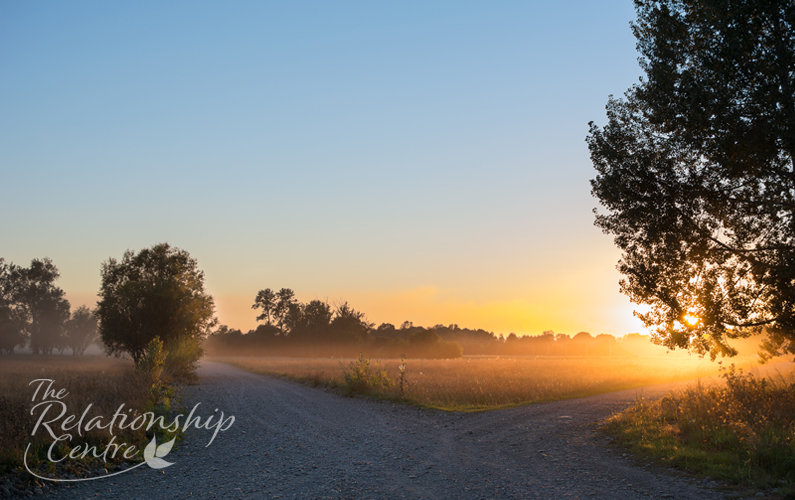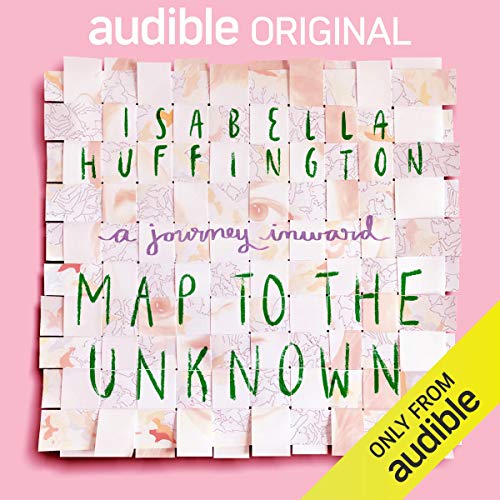Traditionally each year one word is chosen to sum up the shared experiences of the year.
Collins Dictionary chose lockdown – defined as the imposition of stringent restrictions on travel, social interactions and access to public spaces.
Merriam-Webster Dictionary chose pandemic, with runners-up quarantine and asymptomatic.
Oxford Languages chose unprecedented – defined as never done or known before.
While all of those words are fitting for the year we have just experienced, Arianna Huffington, CEO of Thrive Global recently posted this article – “And the Word of the Year is ….Resilience.”
Huffington states that resilience is the one word that sums up 2020 and encapsulates, in a deeper sense, the shared experience of billions of people this year. The Oxford Dictionary defines resilience as “the capacity to recover quickly from difficulties, toughness. The ability of a substance or object to spring back into shape; elasticity.” This ability allows us to overcome hardships and adversity, instead of being defeated by them.
Huffington states, “resilience is often spoken about…in terms of navigating or simply getting through challenges. But the key part of resilience is not about bouncing back, it is about bouncing forward. It’s about using adversity as a catalyst to get better and become stronger.
Resilience is Within Us
The power to build resilience is within us. Some people are born with lots of determination, are less affected by stressful situations and more resilient to change. While others are more vulnerable to the challenge of various stress and pressures. But regardless of your natural inclination, it is possible to cultivate resilience. Just as we can learn or improve other skills through practice, resilience works the same way. We can practice having a more resilient mindset which builds our resilience.
Building a More Resilient Mindset with A Fork in The Road
Huffington’s daughter, Isabella Huffington, has written about the connection between pain, resilience and spirituality in her first book, Map to the Unknown, which was released as an Audible Original. It chronicles the story of what happened after she was hit by a bike on the streets of New York. What began as a concussion became three years of debilitating pain, but also a transformative emotional and spiritual journey of learning to trust the universe and her inner voice.
“When something senseless happens that our minds can’t explain or justify or control, it’s a fork in the road, a moment of choice,” she writes. “One fork is to go into despair and cynicism and raging at the universe (which is the route I first chose), or if you never believed in anything as amorphous as God or the universe, you can double-down on how meaningless life is. Or you can choose the other fork: starting the journey to finding deeper meaning in even the most senseless events in your life. You can let your loss and pain be the catalyst that divests you of whatever is not needed and takes you to the core of who you are.”
Isabella’s wise words are a gentle reminder that we always have choices, even when we think we do not. They are reminders that even if we cannot control external events, we can choose how we respond.
“This has been a tragic year for so many—a year of so many losses and so much grief,” Huffington admits. “And yet, what the science and wisdom of resilience show us is that, as horrible as this year has been, the long-term impact on both our individual and our collective lives as a society is not predetermined or fixed. It’s a common refrain on social media to want to say goodbye to 2020. But our goal should be more than to just get through 2020, which will pass no matter what we do. The New Year will inevitably come, but what kind of year will it be? What lessons will we carry with us to shape it into a year of hope and possibility? How will we have been transformed based on what we have experienced? That is up to us. And the more we summon and strengthen our resilience, the more we can bounce forward into a new and better year.”
An Audiobook to Listen To
“You can let your loss and pain be the catalyst that divests you of whatever is not needed and takes you to the core of who you are.”
Isabella Huffington, author of Map to the Unknown
Listen now











